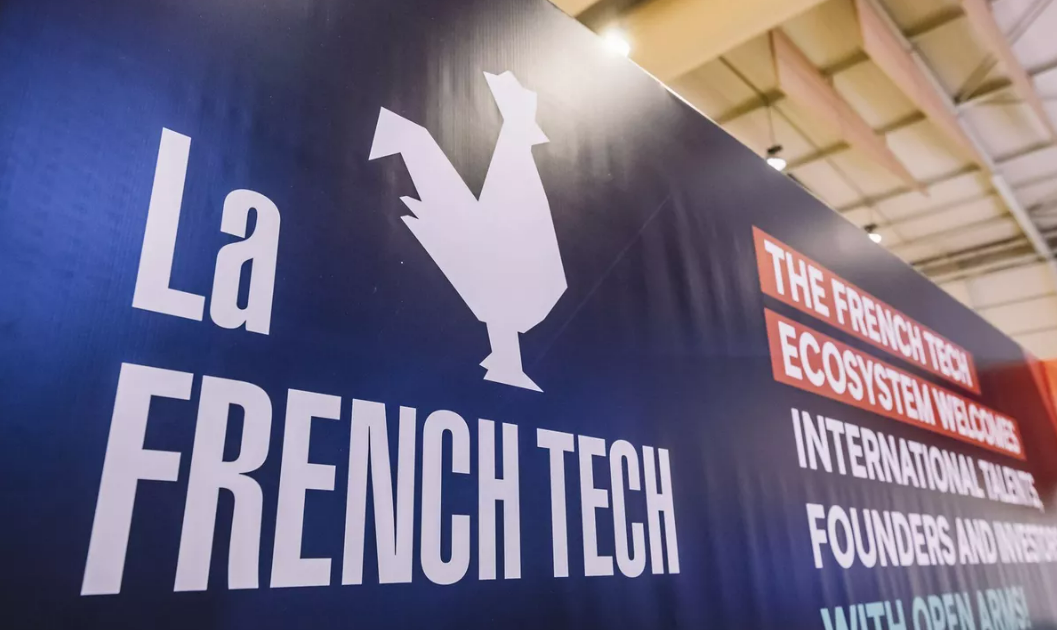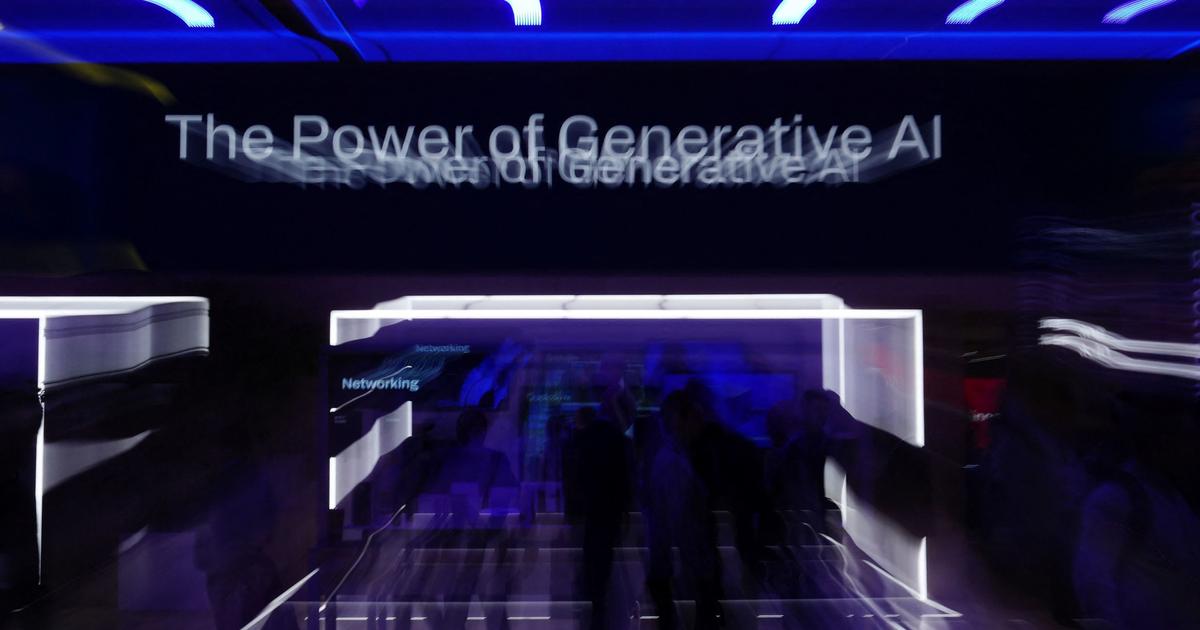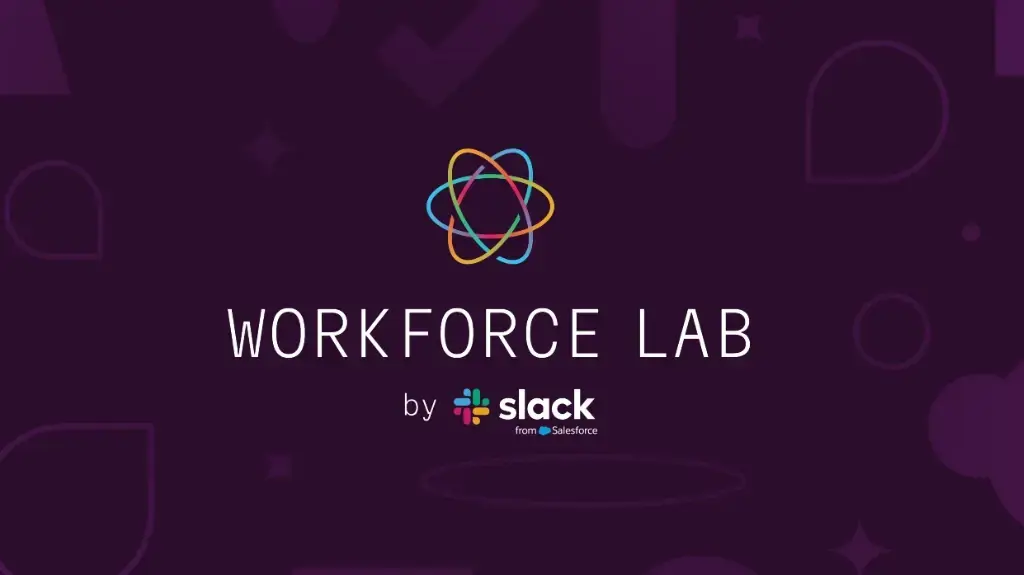Bruno Sportisse is the CEO of Inria, the National Institute for Research in Digital Science and Technology.
The digital transformation of society is accelerating and, more than ever, it is becoming imperative to answer the question of its meaning: do we keep control of what we set in motion with the technological advances of artificial intelligence (AI )?
Will these advances irreparably destroy our society or constitute a response, more humbly a part of the response, to the major challenges before us, in terms of education, health, emancipation, climate and energy, in terms of power and strategic autonomy too?
In this context, do we know how to proportion the necessary investments, which constitute trade-offs in relation to other possible choices?
The small digital world likes catchy sayings:
“during the Gold Rush, the winners are the pickaxe and shovel merchants”
is one of them.
Of course, we all know, to use Luc Julia's phrase, that artificial intelligence does not exist.
Microsoft's tactical intelligence, through OpenAI and ChatGPT, will have been to stage its generative model, capitalizing in passing on interactions with users to improve it: the battle of search engines, hitherto dominated by Google, is revived.
This is an opportunity for our country to put the issue of AI and digital technology back on the center stage, 5 years after the launch of an ambitious French strategy based on Cédric Villani's report.
The subject is the joint availability of algorithms (always more elaborate and more efficient), of data (the key to everything), of computing power (increasingly massive and available), to help in their user decisions to more or less considered consent.
This is really just the latest wave of digital.
There will be others, which research teams around the world are preparing, including those of Inria and our partners.
This is the essence of digital where innovation cycles are much faster than in any other sector.
The challenge is to stay on the playing field, because the cards will be reshuffled at the next rupture, while also knowing that the gaps are widening
Bruno Sportisse
To master this dynamic, you need consistency and a long-term vision, without giving in to the emotion of the moment: the waves of digital, often marketing, follow one another.
The challenge is to stay on the playing field, because the cards will be reshuffled at the next rupture, while also knowing that the gaps are widening: how to do so that the same story does not repeat itself, that of de facto monopolies around of closed digital infrastructures, which lock and build captive ecosystems of talents, users, start-ups too.
After years of underinvestment and lack of public policy understanding of what makes a winning digital strategy, policy choices have been made.
The recipes for success are indeed known and they are now the basis, fortunately, of our policies in this area for several years.
First, invest in research at the highest level in the world.
A research which, without discarding the subjects brought to light, sees further and knows how to take risks in order to clear new paths far from the paths being explored, to continue to be pioneers on difficult but promising subjects, those which will doubt the AI that is coming, which we cannot plan for, but which will emerge both from theoretical approaches and from confronting applications at scale.
A research which, rejecting the distinctions, inoperative for digital, between fundamental and applied, assumes international competition, by the attractiveness of talents, long-term investments, openness to other disciplines reinvented or increased by digital .
A partnership research to cover all fields, especially: the mathematical and computer foundations of AI, programming languages, software and hardware architectures with the paradigm shift carried by RISC-V, high performance computing (with the exascale and beyond), distributed systems (foundation of the cloud), communication networks that are increasingly becoming software, human-machine interaction, especially in immersive contexts, robotics, design of digital twins in all areas, and, now a major issue, the security and safety of these systems.
Digital cannot be cut up: the big Tech players, those who have been setting the tone for 20 years, have a strategic vision because they are integrated with AI, the cloud,
cybersecurity and major applications.
They are also preparing, like us, the arrival of the quantum revolution, likely to put everything back on track.
Their vision is integrated because everything is linked: for example, the future of cybersecurity is also played by the development of AI algorithms to automatically detect attacks and respond to them, which is key for the controlled diffusion of the cloud;
similarly, the design of a secure AI, whether during its training or its use, is also an issue in itself.
AI to automatically detect and respond to attacks, which is key for controlled cloud delivery;
similarly, the design of a secure AI, whether during its training or its use, is also an issue in itself.
AI to automatically detect and respond to attacks, which is key for controlled cloud delivery;
similarly, the design of a secure AI, whether during its training or its use, is also an issue in itself.
With this dynamic, new issues constantly arise: in terms of ethics, development of digital commons, regulation too (it takes high-level research to develop an algorithm that monitors an algorithm, otherwise the law remains a tiger of paper).
Bruno Sportisse
All these themes are interdependent.
To be in the scientific, technological and industrial race is to understand that the scientific dynamic is fed, more and more, by these intertwinings.
With this dynamic, new issues constantly arise: in terms of ethics, development of digital commons, regulation too (it takes high-level research to develop an algorithm that monitors an algorithm, otherwise the law remains a tiger of paper).
And it is without forgetting the trade-offs that will have to be made on the use of these algorithms with regard to their energy and environmental cost.
In this area too, research may have solutions to offer, in addition to support or even the regulation of uses.
And research can contribute to founding public and industrial strategies of differentiation, realistic and based on our strengths, to stop reacting to the big players in Tech.
Trusted AI, which, beyond words, still requires long-term research, or even the close coupling between AI and digital simulation (more generally "business knowledge") in areas that our companies master and which make up our industrial fabric, are examples of such strategies.
This investment in research is backed by an investment in training: raising awareness from an early age to give access to the keys to understanding digital technology to future citizens of a society that digital technology can destabilize, basic training, more than ever necessary, what are mathematics and computer science (more broadly what the Anglo-Saxons call STEM), higher education of specialists in the digital heart and specialists with digitally enhanced skills (in health, for industrial processes , in law, in economics, etc.), lifelong training that digital transforms in depth, etc.
It is a very long-term policy.
And, of course, to carry the breakthroughs resulting from digital technology, alongside this world-standard academic ecosystem, an entrepreneurial and industrial fabric, boosted by start-ups, with private equity at its side to support the risk.
Because risk is not only the keyword but above all a permanent fight: it is also the story of French Tech (entrepreneurs and investors) and the rise of Bpifrance as a State tool for sustain.
The time of research is not that of a start-up, the methods of financing training are not those of venture capital, the fragmentation of calls for projects possibly guarantees financing but not a technological planning strategy adapted to digital.
Bruno Sportisse
It is an ecosystem strategy, which must perfectly master the characteristics of each of its components and of which each component knows that it is part of a whole: the time of research is not that of a start- up, the methods of financing training are not those of venture capital, the fragmentation of calls for projects possibly guarantees financing but not a technological planning strategy adapted to digital.
It is this strategy, abolishing the corridors and the silos always inclined to rebuild themselves, which is winning in the long term.
This is the path in which France has been engaged for several years, from French Tech to the deeptech plan, from the construction of world-class research universities, irrigating territories of research, training and innovation, to strengthening of national research bodies with clarified positioning, from the Recovery Plan to France 2030. This dynamic is also of course part of that of Europe, whether in terms of research (Horizon Europe), innovation (Digital Europe) or regulation (the upcoming AI Act and the DSA/DMA directives).
By staying on this course, which requires confidence in our collective ability to succeed, which requires an integrated vision of the challenges of research, training and innovation in digital technology, we will inevitably reap the fruits of this strategy.


/cloudfront-eu-central-1.images.arcpublishing.com/prisa/OOMLGL5UVPNVVRFL6Q426I5ILA.jpg)




/cloudfront-eu-central-1.images.arcpublishing.com/prisa/7BBFZMHM2JDPJH25TGODT4ZBT4.jpg)






